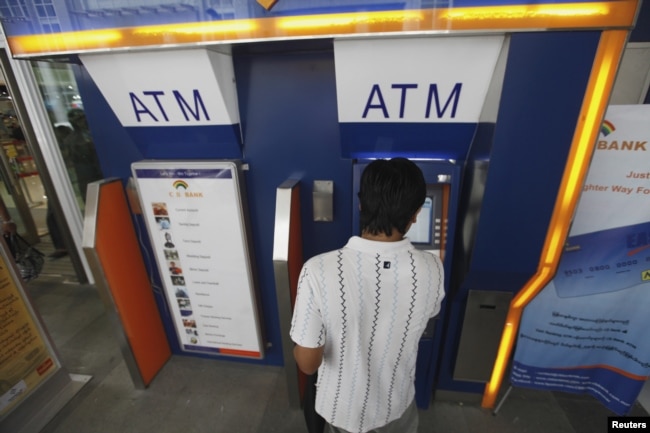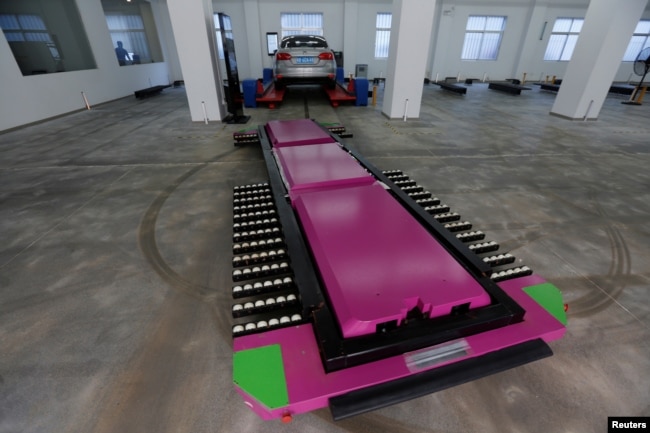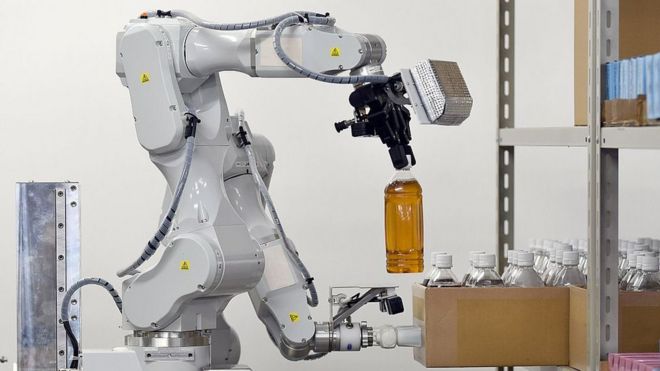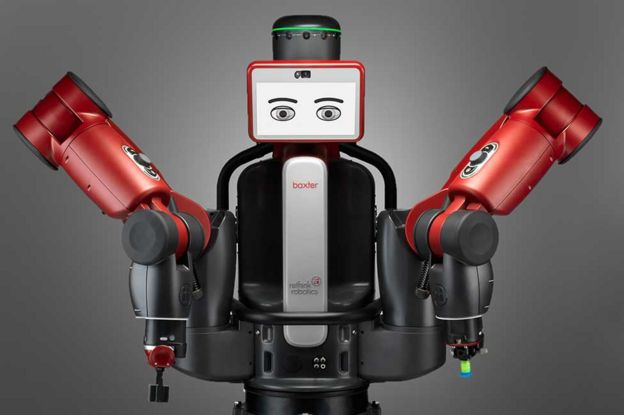JimBowie1958
Old Fogey
- Sep 25, 2011
- 63,590
- 16,756
- 2,220
Yep, it looks like when we are discussing the low skilled jobs that the first wave of androids would replace, one cannot ignore the simplistic work done by many government workers who basically just shuffle paper.
When one includes the complex skilled jobs in the next wave following, the estimate is 90% of all government jobs are replaceable by robotic labor.
We are rapidly approaching a time when a Universal Basic Income is going to be required in order to keep stability in our society for all of our sakes.
Most Government Workers Could Be Replaced By Robots, New Study Finds | Zero Hedge
When one includes the complex skilled jobs in the next wave following, the estimate is 90% of all government jobs are replaceable by robotic labor.
We are rapidly approaching a time when a Universal Basic Income is going to be required in order to keep stability in our society for all of our sakes.
Most Government Workers Could Be Replaced By Robots, New Study Finds | Zero Hedge
A study by a British think tank, Reform, says that 90% of British civil service workers have jobs so pointless, they could easily be replaced by robots, saving the government around $8 billion per year.
The study, published this week, says that robots are “more efficient” at collecting data, processing paperwork, and doing the routine tasks that now fall to low-level government employees. Even nurses and doctors, who are government employees in the UK, could be relieved of some duties by mechanical assistants.
There are “few complex roles” in civil service, it seems, that require a human being to handle.
The study, published this week, says that robots are “more efficient” at collecting data, processing paperwork, and doing the routine tasks that now fall to low-level government employees. Even nurses and doctors, who are government employees in the UK, could be relieved of some duties by mechanical assistants.
There are “few complex roles” in civil service, it seems, that require a human being to handle.






